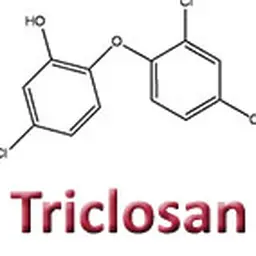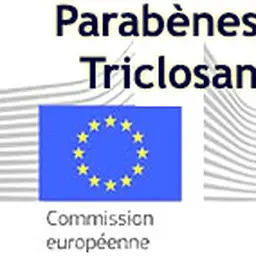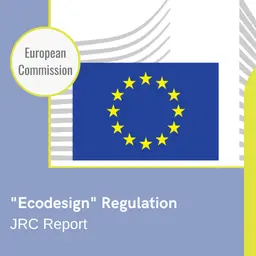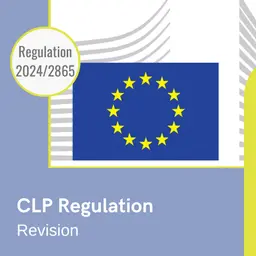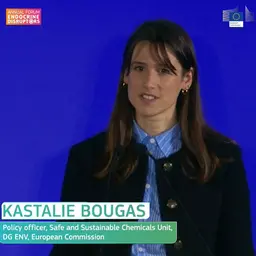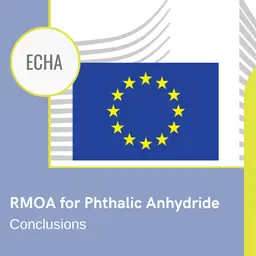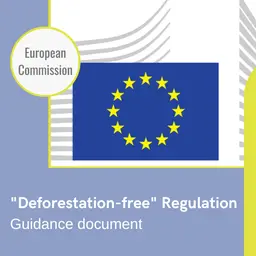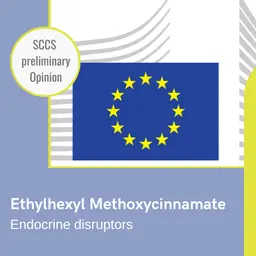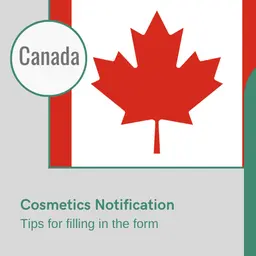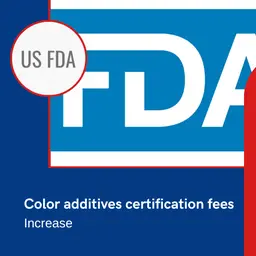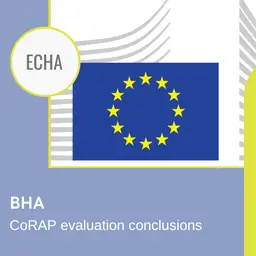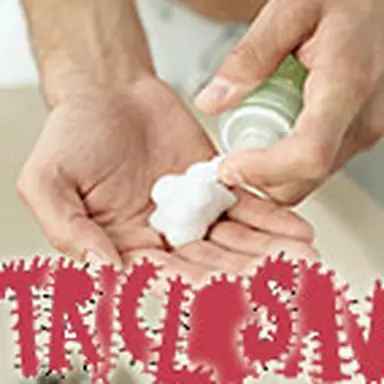
Gentlemen, check the labels of your shaving creams and after-shaves. Formulators, reformulate these products. Triclosan, which until now was widely used in these categories of cosmetics, must now be banished. The European Commission has made this decision to protect consumer safety and health.
Triclosan has a long history of suspicion and questions about its toxicity to health. As an irritant and sensitiser suspected of being an endocrine disruptor, it is also blamed for its ability to induce resistance in certain bacteria, as has been the case with antibiotics. (On this subject, see the ‘Ingredient of the month’ article on triclosan.)
After several years of scientific studies and alarms sounded by researchers and consumer groups, the assessments performed by Europe’s committee of experts on consumer safety (the SCCS) have reached completion. The conclusion? Due to cumulated exposure, the continued use of triclosan represents a risk to consumers. It will now be authorised only in a limited list of cosmetic product categories, and will be completely prohibited in shaving products.
The ultimate antibacterial
Until now, this preservative was frequently used for its highly effective antibacterial properties. It was primarily found in sanitising soaps or in deodorants and anti-perspirants (to fight the bacteria that cause the unpleasant odours associated with sweat). In both of these categories of cosmetics, as for toothpastes, its use will continue to be authorised.
It has also been particularly present in shaving and after-shave products, where its role is to prevent bacterial …

